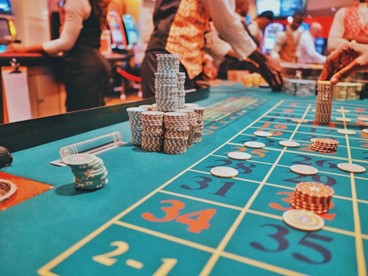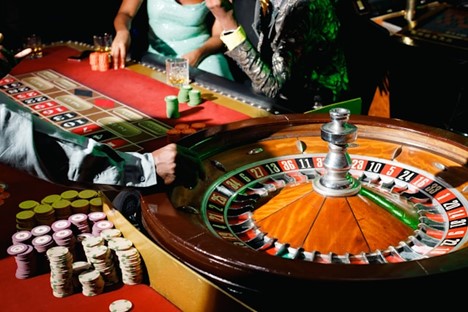
Casinos provide an exciting atmosphere filled with anticipation, skill, and chance. Whether you're a seasoned player or a newcomer, understanding the unspoken rules of gambling etiquette is essential for ensuring a smooth and enjoyable experience. Respect for casino games, the dealers, and fellow players goes a long way in maintaining a positive environment at the tables. Here’s a comprehensive guide on the do’s and don’ts of casino etiquette to help you navigate your next visit with confidence.
Before sitting down at a table, familiarize yourself with the rules of the game you plan to play. Whether it’s blackjack, poker, or roulette, understanding the basics will not only enhance your enjoyment but also prevent delays and confusion.
Set a budget before playing and stick to it. Knowing how much you're willing to lose ensures you gamble responsibly and avoid financial stress. It’s also important to respect the minimum and maximum bet limits at each table.
Dealers and resort staff work hard to ensure the games run smoothly. Treat them with courtesy and respect. If you win a sizable amount, it’s customary to tip the dealer, as they rely on gratuities as part of their income.
Casinos attract players of all levels. Be mindful of the experience of others by keeping unnecessary commentary to a minimum, especially if they’re focusing on their game. Avoid criticizing another player’s decisions or celebrating their losses.
Acting out of turn disrupts the flow of the game and can be frustrating for others. Pay attention to the dealer’s cues and play only when it’s your turn.
When placing bets, avoid excessive handling of chips once the dealer signals that bets are closed. Stack your chips neatly to prevent confusion, and if you’re exchanging money for chips, do so before the hand begins.
Hand signals in blackjack help dealers maintain accuracy and fairness. Use standard gestures when indicating whether you want to hit, stand, double down, or split. If unsure, ask the dealer for guidance.
Casinos can get crowded, and space at the tables is limited. Avoid placing bags, coats, or other personal belongings on the table. Most casinos provide storage areas or coat checks.
Tipping is a common practice in betting resorts. Dealers appreciate a small token of appreciation when you win, and cocktail servers rely on tips as part of their income. A good rule of thumb is to tip a few dollars periodically or a percentage of your winnings.
Resorts often serve free drinks, but excessive alcohol consumption can lead to poor decision-making and disruptive behavior. Pace yourself and know your limits to ensure a pleasant experience for everyone.
Once you place your bet and the dealer signals that no more bets can be made, avoid touching your chips. Moving your wager can be seen as tampering and may result in disciplinary action.
It’s tempting to share your expertise, but unless someone asks, refrain from coaching other players. Everyone has their own strategy and style of play.
Dealers follow strict rules and have no control over the outcome of the game. Getting upset with them for a bad hand or losing streak is unfair and creates a negative atmosphere.
Most casinos have strict rules about phone use at the tables. Avoid texting, taking photos, or making calls while playing. If you need to use your phone, patrons are expected to step away from the table.

While it’s okay to think through your moves, taking too long slows down the game and frustrates other players. If you’re unsure, observe a few rounds before jumping in.
Be considerate of other players. If the casino is busy, avoid taking multiple seats or playing multiple hands unless the table is nearly empty.
In poker, your hand should remain private. Flashing or revealing your cards can give an unfair advantage and is considered bad form.
Gambling is meant to be an exciting and social experience. Keep the atmosphere enjoyable by staying positive—celebrate your wins with grace, respect other players, and avoid criticism or negative remarks. A welcoming table makes for a better game for everyone.
It’s bad etiquette to ask for money from fellow players. If you run out of chips, visit the cashier or take a break.
One of the cardinal rules of responsible gambling is knowing when to walk away. Chasing losses often leads to poor decision-making and greater financial strain. Set a limit and stick to it.
Gambling is meant to be an exciting and social experience. Following proper casino etiquette is not just about following rules—it’s about creating an enjoyable and fair gaming environment for all. By treating dealers and fellow players with respect, playing responsibly, and understanding the nuances of the game, you enhance both your own experience and that of those around you. Whether you’re at the tables for entertainment or aiming for big wins, good etiquette ensures a more immersive and rewarding casino visit. In the long run, being a courteous and mindful player can open doors to better opportunities, stronger connections, and a truly memorable gaming experience.